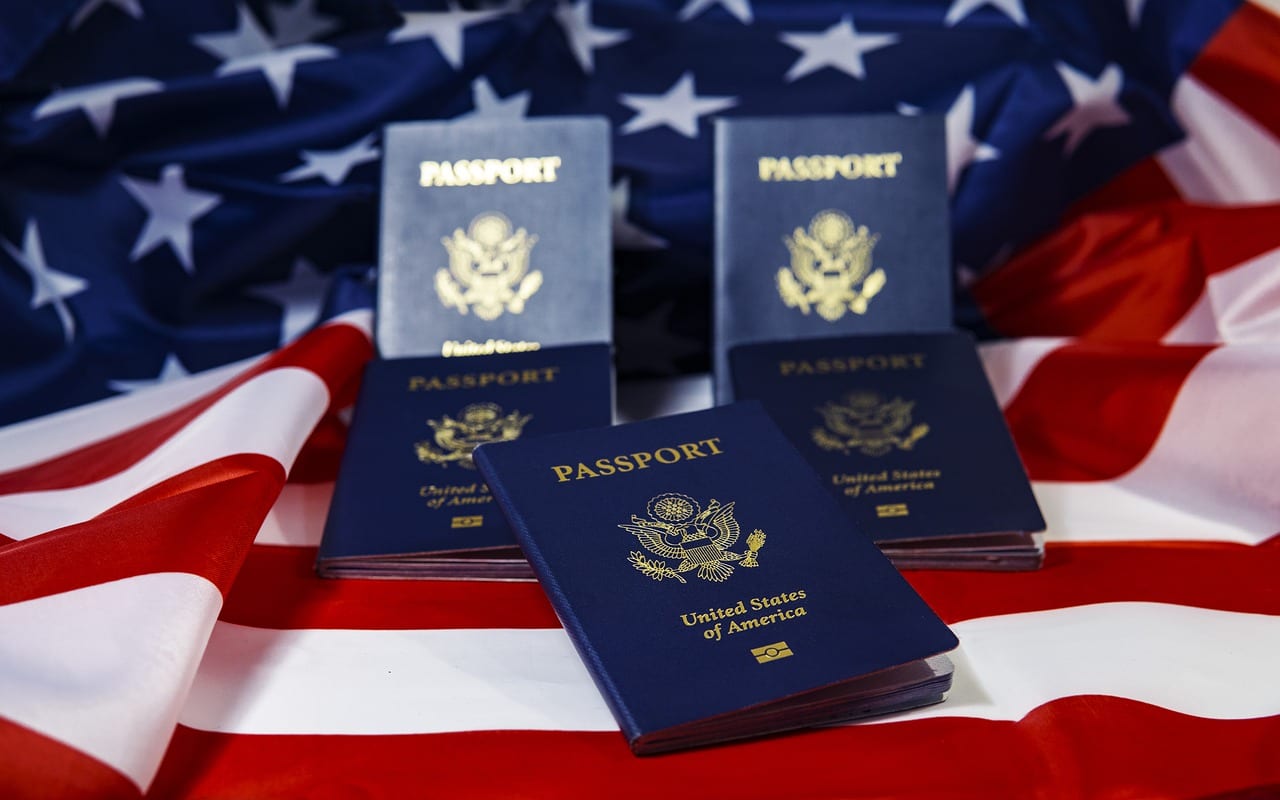In addition to obtaining citizenship by birthright or by naturalization, another common way to obtain US citizenship is through parents. Citizenship through parent or parents is a useful way to qualify for US citizenship if the applicant was not born in the US, and the applicant has not lived in the US for enough time themselves to qualify for naturalization.
Qualifying for citizenship through parents depends on many factors. Below is a breakdown of the some common scenarios.
An applicant can generally qualify for citizenship through parents, if:
- Both parents were born in the US; and
- One of the parents lived in the US or territories prior to birth of the child applicant
If only one parent was a US Citizen at the time of birth, then we must also consider when the child was born.
- If the child was born on or after November 14, 1986:
- The U.S. citizen parent must have been physically present in the U.S. or territories at least five years at some point prior to the child’s birth, of which at least two years were after the parent’s 14th birthday.
- Time spend abroad by the parent may be counted as time in the US if they worked in certain qualifying employment for the US government, US military, or certain international organizations
- If the child was born after December 23, 1952 and before November 14, 1986:
- The U.S. citizen parent must have been physically present in the U.S. or territories for
- At least ten years at some point prior to the child’s birth
- If born after December 23, 1952 and before October 10, 1978, the child may be subject to “retention” requirements. This means they can lose their citizenship if they originally qualified for it at birth.
The law is less clear for children born prior to 1952. The laws changed multiple times in 1934, 1940, 1941, and 1946. Applicants born during this period should consult an attorney to see if they are eligible for US citizenship through parent.
The “grandparent rule” states that if the child’s parent does not meet the physical presence requirement, a grandparent can fulfill this requirement in the parent’s place.
In addition, if the child is under 18, they may be able to qualify for automatic citizenship at birth.
Applicants who are concerned should examine the statutes themselves and should consult an attorney if they have questions.
All said and explained in this article does not constitute a legal opinion and does not replace legal advice. Responsibility for using the wordings and opinions conveyed in this article relies solely and entirely on the reader.
This article was written by Dotan Cohen Law Offices, working in the field of immigration law in the United States, Canada, Australia and England.




